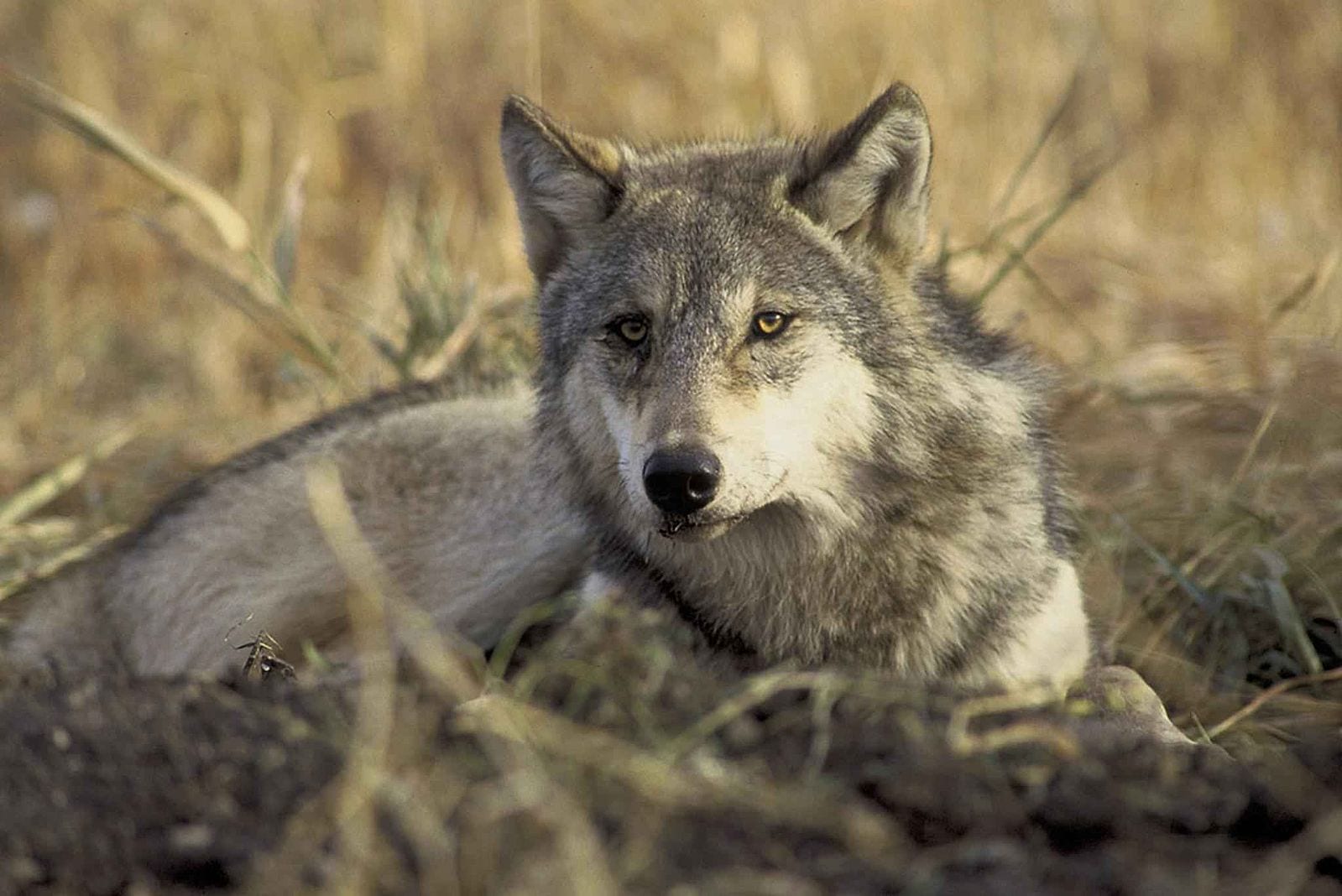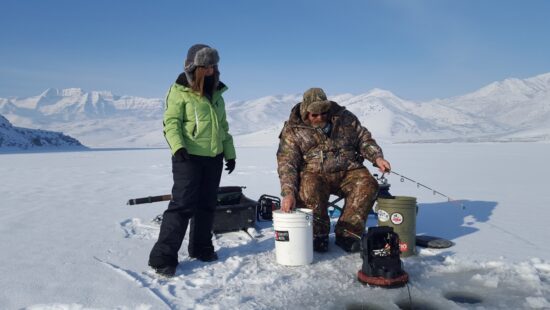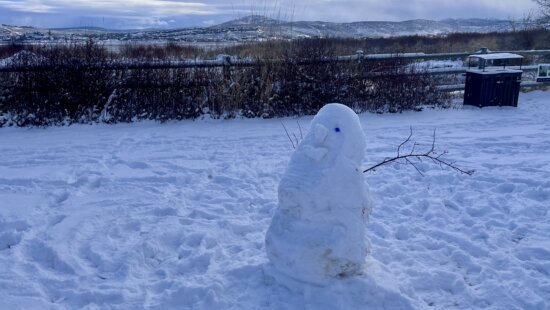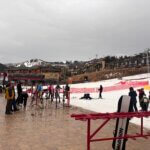Wildlife
How to deal with small mammals while living on the wildland-urban interface
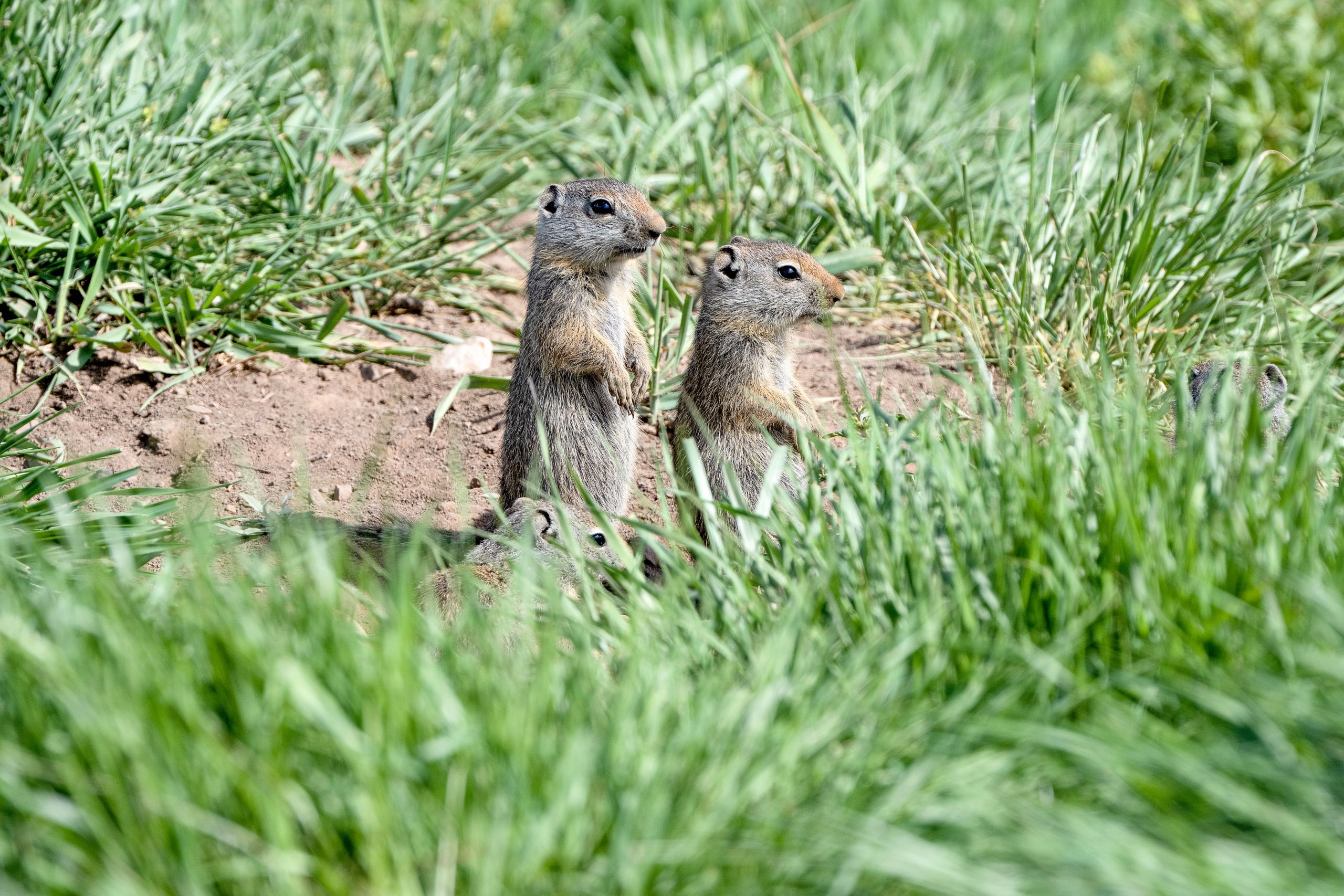
Uinta Ground Squirrels at Swaner Preserve. Photo: TownLift // Kevin Cody.
PARK CITY, Utah — Controlling voles, potguts and other animals around your property can be difficult, however, it’s important to take into consideration how rodent control can impact the entire local ecosystem.
Here are some methods available for controlling an overabundance of certain animals on your property.
Swaner Preserve & EcoCenter forbids bait boxes on Preserve property
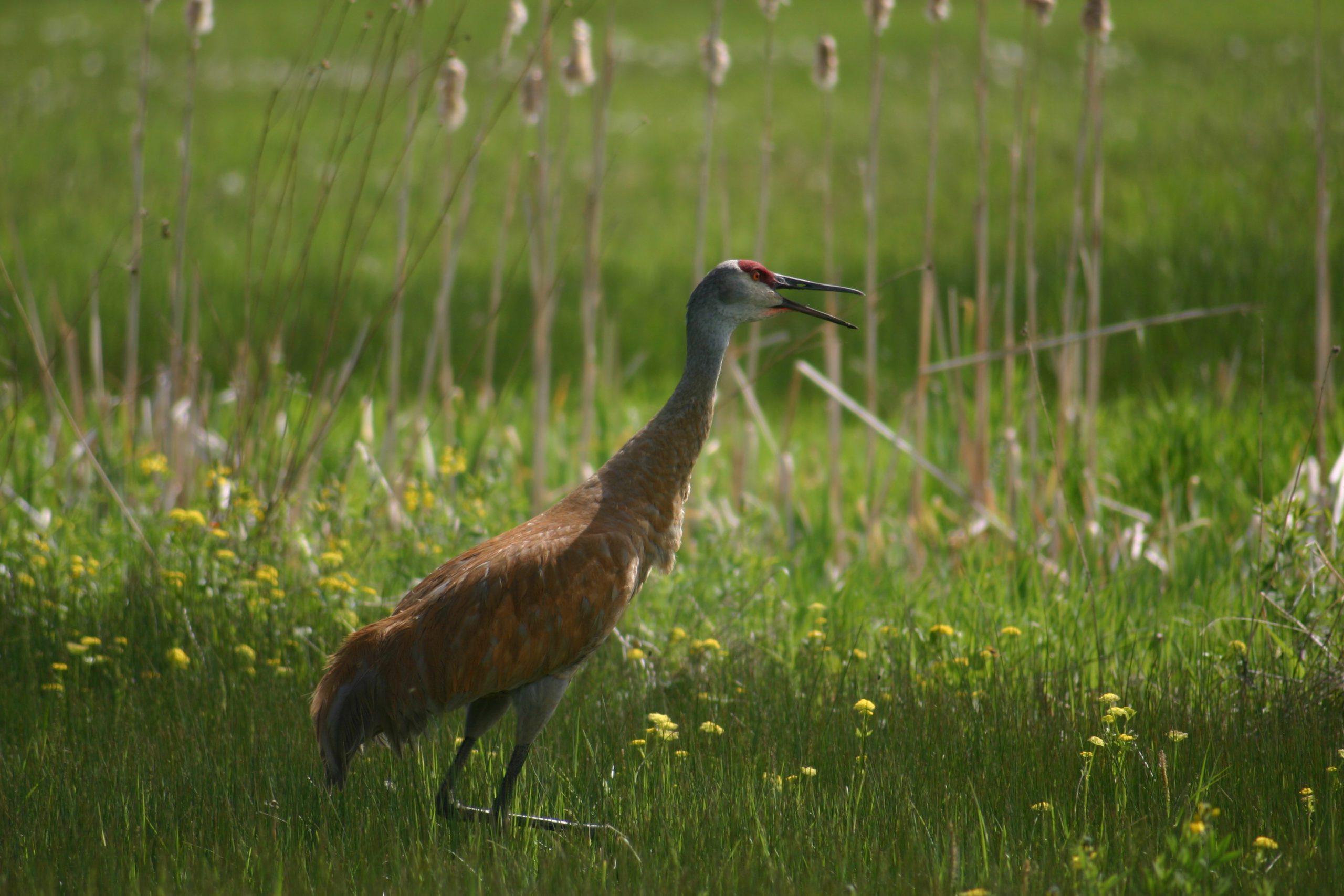
Rhea Cone, director of conservation for the Swaner Preserve & EcoCenter, said “Swaner does not do any control work for rodents such as mice, voles, and Uinta ground squirrels (potguts), and does not allow for placement of bait boxes on Preserve property. These small native mammals are incredibly important food sources for so many wildlife species from badgers and foxes to raptors and cranes and are part of the Swaner ecosystem.”
Methods available for controlling animal populations
Cone considers poison a last-resort option for control and recommends physical barriers, planting for wildlife, and adjusting our thresholds for wildlife presence – including small mammals. She highlighted, “if people do use poison for their rodent populations, it is important to do research and use it legally and appropriately.”
Online you can watch a webinar Swaner Preserve & EcoCenter sponsored that describes control methods for some common small mammals. This webinar with USU Extension specialist Dr. Nikki Frey, describes the differences between many of our small mammals. Different control methods are described for each based on their habits and what they attack. It also discusses health risks to humans.
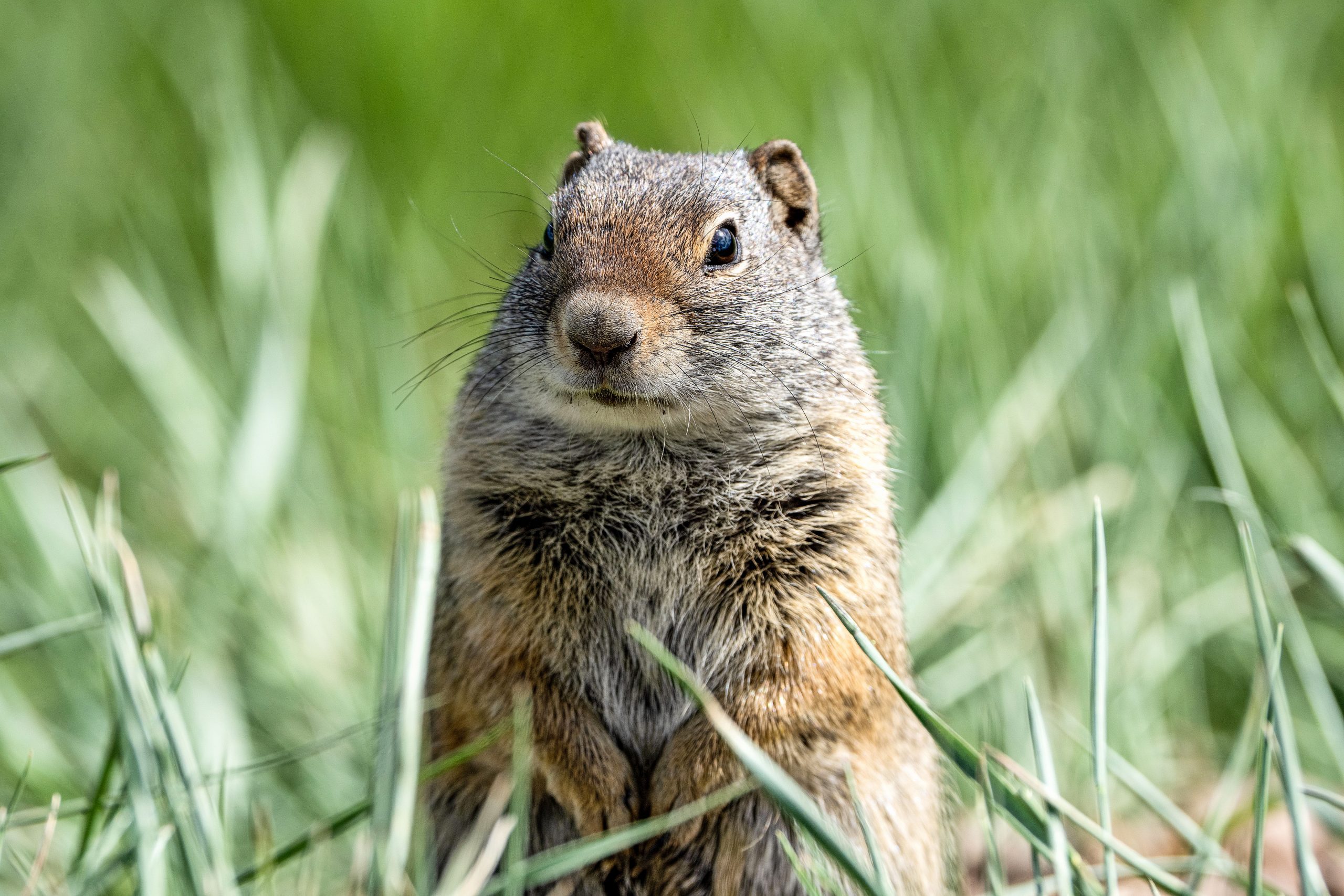
Protect your pets and children
“Secondary poisoning, when non-target animals eat poisoned animals and are poisoned themselves, is possible with certain poisons,” Cone said. She recommends, “Keep dogs on leash in places where poison bait boxes are present and pay attention to what they may be eating. Keeping cats indoors is the best way to both protect our local ecosystem, extend their lifespans, and make sure they don’t interact with poison bait boxes.”
Any large dead mammal found should be reported to the Utah Division of Wildlife Resources (DWR). You can use their deadhead app to report dead skulls still attached to antlers or horns. Also report any group of five or more dead birds to the DWR or another relevant agency, so the animals can be tested for their cause of death.















